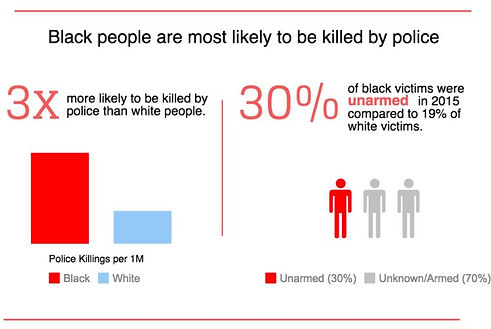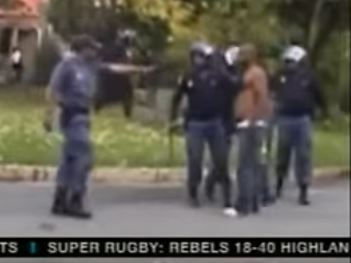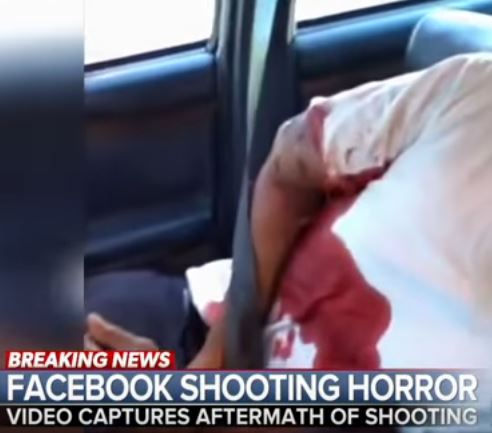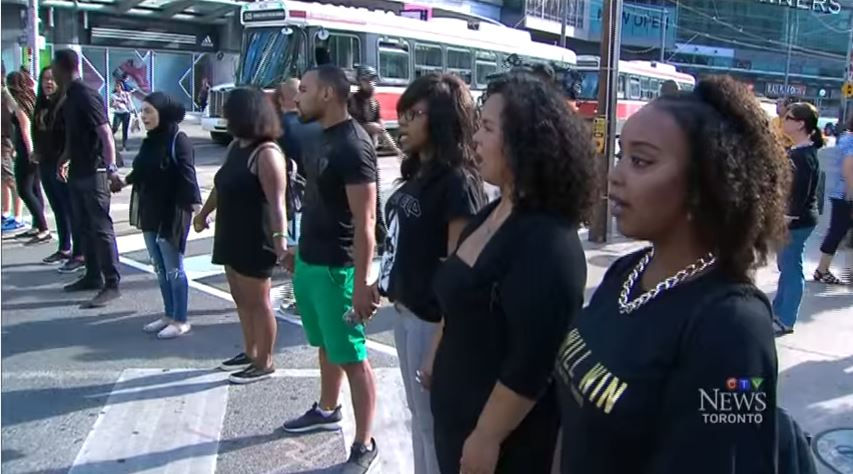

Views of the Oppressed- Black Lives Matter
If you're doing something outside of dominant culture, there's not an easy place for you. You will have to do it yourself.
-- Ava DuVernay
In his article Black Lives Don't Matter, Joao Vargas states that: "patterns of Black suffering in the United States are fundamentally related to those in Canada," and that "in the Black Diaspora, the extralegal killing of black women and men is not an aberration, but rather the norm." Here, Vargas is alluding to the notion that dominant cultures around the globe have been "founded on the expendability of black life, [and that] current formations of sociality and state management rely on and reproduce black death."
As a result, Vargas claims that "blackness determines who belongs and who doesn’t... whose grievances are heard and whose grievances cannot be heard... whose lives matter and whose lives don’t matter," ultimately suggesting that in order for black individuals to be viewed as "legal subject[s]," individuals of all races need to take the streets, pressure government representatives, challenge patterns of police misconduct, and demand reform of policing tactics and sentencing laws, otherwise the " transgenerational social and physical death experience of Blacks" will continue to endure.
Not a moment, but a movement
Created in response to Trayvon Martin’s death in 2012, #BlackLivesMatter (BLM) calls black individuals to rise against anti-black racism and strive to affirm the lives of ALL black individuals, including queer, trans, disabled, undocumented, female and criminal black lives. Additionally, BLM is attempting to globally illustrate how the dominant state is attempting to squeeze black individuals into “boxes of normality as defined by white supremacists,” and broaden the conversation regarding the ways in which black people are intentionally left powerless at the hands of the state. Altogether, BLM “is working [towards] a world where black lives are no longer systematically targeted for demise,” and calls for all individuals of colour to advocate their rights; something Joao Vargas claims to be essential in the struggle towards becoming “legal subjects” (in Black Lives Don’t Matter), and something that appears to be working…
 |  |
|---|---|
 |  |
 | 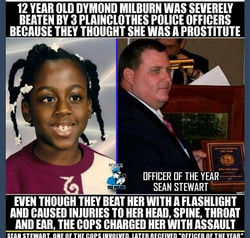 |
 |  |
 |  |
 |  |
 |  |
 |

VIDEO COLLECTION
‘Excuse me officer, why are you stopping me?’
This interview conducted by Jim Rankin gathers extremely valuable insight into the first-hand experiences many black individuals still endure in a white dominated hegemonic society. This can be seen through the experiences of Knia Singh, who proclaims he has “been stopped by Toronto police numerous times… [and a lot of the time] there’s no valid reason for the stop... [he has] never been arrested, yet [has] a file ‘this thick’ in [the] Toronto Police database.” Furthermore, Singh goes on to state how he feels his freedom and rights are being infringed upon due to the constant questioning he endures from Toronto Police, and proclaims he has undergone numerous “random” stops to find out “his intentions” for the day, all because he is a black man driving a higher-end car.
Furthermore, a man by the name of Chris Williams states he has been “randomly” stopped by Toronto Police in order for them to “get some of [his] information in case [they] need to do [a] follow-up.” Similar to Singh, Williams has never been charged with a misdemeanour, and feels these cardings are detracting from his freedom in a country proclaiming equality for all. Altogether, this article builds upon my previous research and demonstrates a strong correlation between police carding and skin colour, ultimately reinforcing how there may be a potential bias Toronto Police uphold towards black individuals.
Ryan Gabrielson and colleagues (in their article Deadly Force, in Black and White) conducted a thorough investigation of statistics garnered by the Federal Bureau of Investigation, and found that black individuals in America are “being killed at disturbing rates when [compared to] the rest of the American population.” For example: they found that young black males (around the age of 14) were “21 times more likely” to be “shot dead than their white counterparts.” Building upon this, data revealed that out of 151 instances where a teenager had been shot fleeing or resisting arrest at the time of an encounter with a police officer, 67% of the individuals killed in these scenarios were black. Not only this, but it was found that of the “15 teenagers shot fleeing arrest from 2010 to 2012, 14 were black.” Finally, in regards to scenarios where the reasons for the officer shooting the civilian were not fully determined (i.e. “undetermined” circumstances), 77% of individuals killed in these instances were black, substantially highlighting a potential racial bias police officers may have towards black individuals in this region.

Wish to explore further infographics?
Policed State To Serve and Protect?
Police Militarization Stop the Cops
Police Misconduct Redefining Criminology














